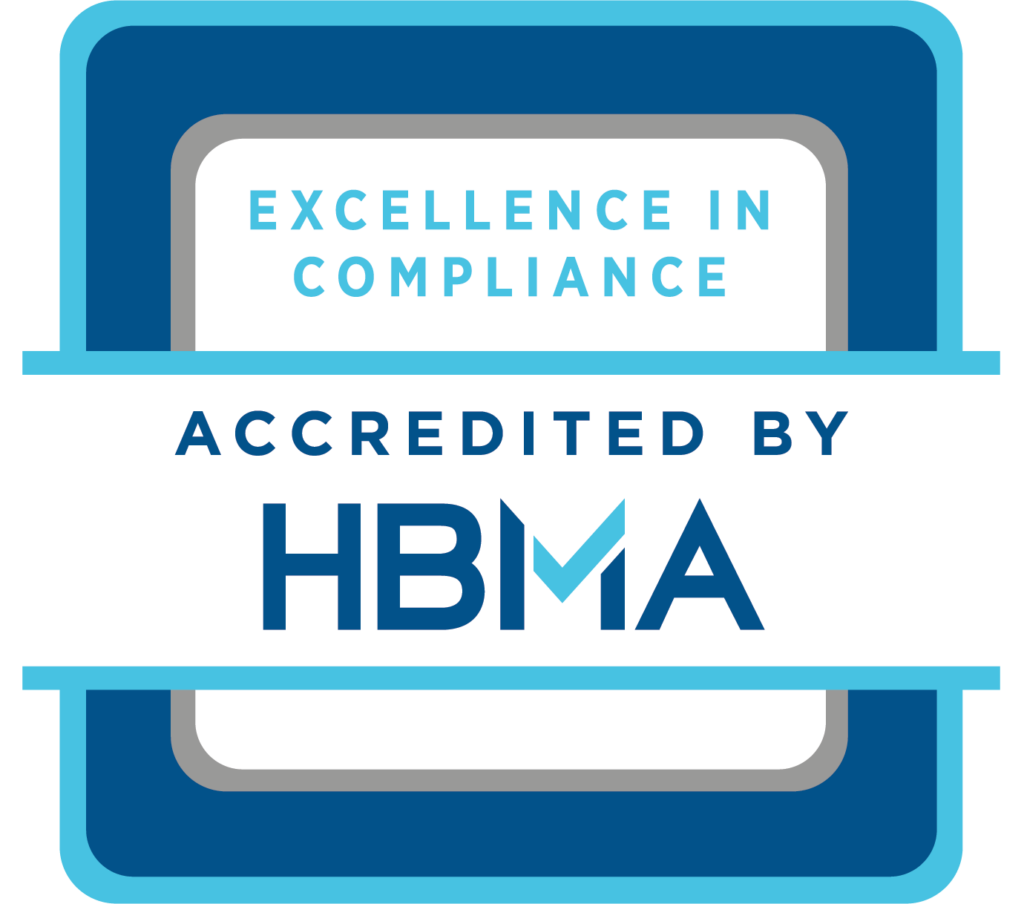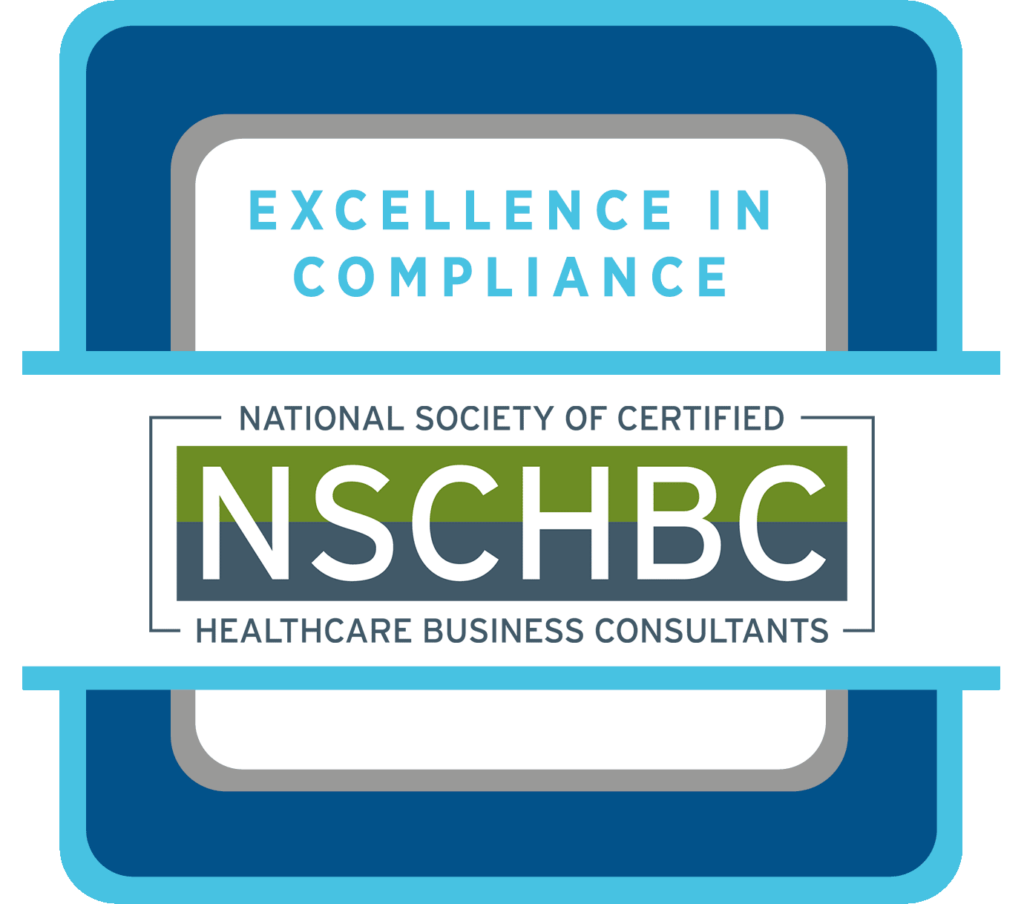Claim Denial Audits: Boost Revenue & Cut Billing Errors

Your claim denial audits represent lost revenue, added staff time, and delayed reimbursement. When denials are handled case-by-case, the true cost often goes unnoticed. Minor issues quietly turn into recurring losses, and opportunities for prevention get missed.
A structured claim denial management audit changes that. It gives you the visibility to spot what’s slipping through the cracks—and the tools to fix it. You move from reacting to problems to proactively protecting your revenue.
How Claim Denials Quietly Undercut Your Revenue
Claim denials may seem like isolated events—one here, another there—but over time, they create a steady leak in your revenue cycle. The more denials you accept without review, the more difficult it is to measure how much revenue you lose. And without visibility, you’re left with blind spots in your billing process.
Even when denials are eventually appealed and resolved, the extra effort involved—reworking claims, resubmitting paperwork, managing payer communication—translates into higher overhead and delayed payments. These operational inefficiencies can compound quickly, especially in already stretched-thin practices.
The deeper issue? Many practices treat denials as unavoidable. They aren’t. Most denials are preventable, and many are tied to repeatable patterns—whether in coding, documentation, or follow-up. Identifying those patterns is the first step in reversing the trend.
What Claim Denial Audits Reveal—and Why It Matters
A denial management audit is a focused, methodical review of your denied claims and the systems behind them. Rather than addressing denials one at a time, audits look at the whole picture—identifying patterns, uncovering root causes, and highlighting areas for operational improvement.
A comprehensive audit evaluates:
- The most frequent denial reasons
- Which payers are most commonly involved
- Where issues originate—coding, documentation, front-end intake, or workflows
- How efficiently your team is responding to and resolving denials
It also reveals whether internal processes, staff roles, or system limitations contribute to the problem.
The audit analyzes these factors collectively and gives your leadership team actionable insights. It moves you beyond treating denials as isolated events and helps you address the systems producing them.
5 Claim Denial Audit Strategies That Work
A denial management audit is only as effective as what follows it. Spotting issues is essential, but real value comes from turning insights into action. That means building a strategy that addresses what’s gone wrong and strengthens your systems to prevent denials from happening in the first place.
The most successful practices take a structured, repeatable approach to denial audit strategy. They don’t rely on one-time fixes—they develop focused processes that improve performance over time.
Here’s how they do it:
- Categorize with Intent – Group denials by type, payer, and frequency. This helps you identify which issues cost the most and where to focus first.
- Tailor the Scope – Audits should align with your practice’s size, specialty, and payer mix. A focused audit is more efficient and uncovers more relevant trends.
- Train Based on Findings – Use audit data to update internal training. Reinforce documentation, coding, and billing practices based on actual patterns, not assumptions.
- Build Preventive Workflows – Incorporate early checks into your claims process to catch issues before submission. Small steps here can significantly reduce denials over time.
- Track Outcomes – Set goals and measure progress—reduced denial rates, faster reimbursements, fewer appeals. Visibility keeps the strategy working.
A strong audit strategy isn’t about overhauling everything. It’s about consistently fixing the right things—and building a revenue cycle that resists disruption.
What Experts in Denial Management Services Bring to Your Strategy
While your internal team handles the day-to-day, external denial management services bring targeted expertise, scalable systems, and unbiased insight that elevate your results. They don’t just flag issues—they help you implement real solutions.
These services help you:
- Conduct in-depth denial audits with accuracy and objectivity
- Analyze payer behavior and systemic issues across claims
- Implement tailored strategies to prevent repeat denials
- Support staff with training, process redesign, and compliance guidance
More importantly, you get a plan, not just a report. When done right, denial audits lead to actionable changes that drive real financial improvement.
Fix the Gaps. Protect the Revenue.
Claim denials may be part of doing business in healthcare, but preventable denials don’t have to be. With the right denial management audit strategies, your practice can move from reactive recovery to proactive revenue protection.
If you’re ready to take control of your revenue cycle, Medicus Billing and Consulting offers the experience, insight, and systems to help you do that. From comprehensive denial audits to long-term strategy support, we help practices identify where money is lost and how to regain it.
Contact Medicus today to strengthen your claim denial management process and protect the revenue you’ve earned.
About the Author: Cyndi Walker
Cyndi Walker, CMC CHBC, is the founder of Medicus Billing and Consulting, a premier billing company with over 40 years of experience in the medical billing industry. With certifications in Medical Coding, Healthcare Billing Consulting, and Compliance, Cyndi has built a reputation as a trusted expert in the field. She regularly shares her extensive knowledge on topics such as coding, payer appeals, regulations, and billing techniques. Connect with Cyndi today to discover how Medicus Billing can streamline and enhance your practice’s billing processes.

Contact Us Today
"*" indicates required fields



